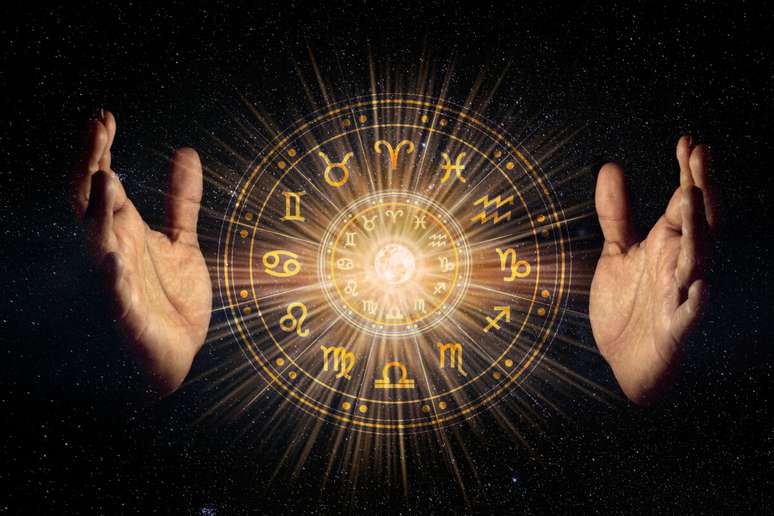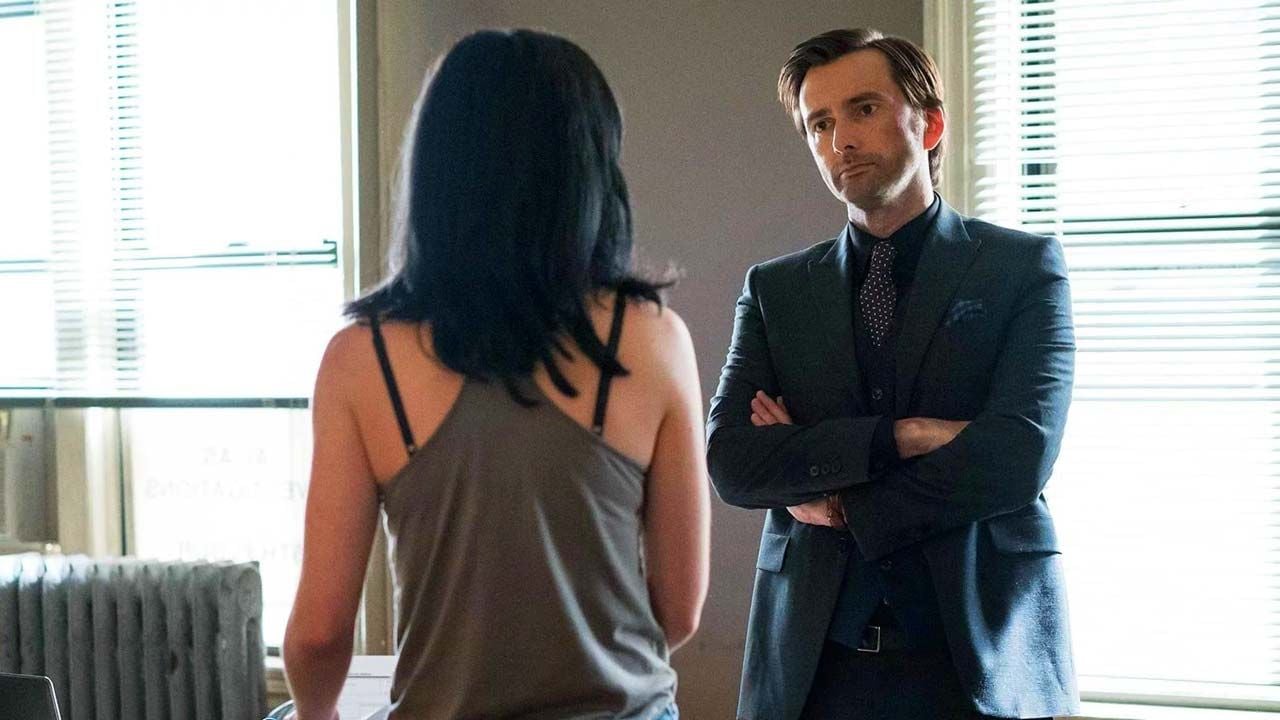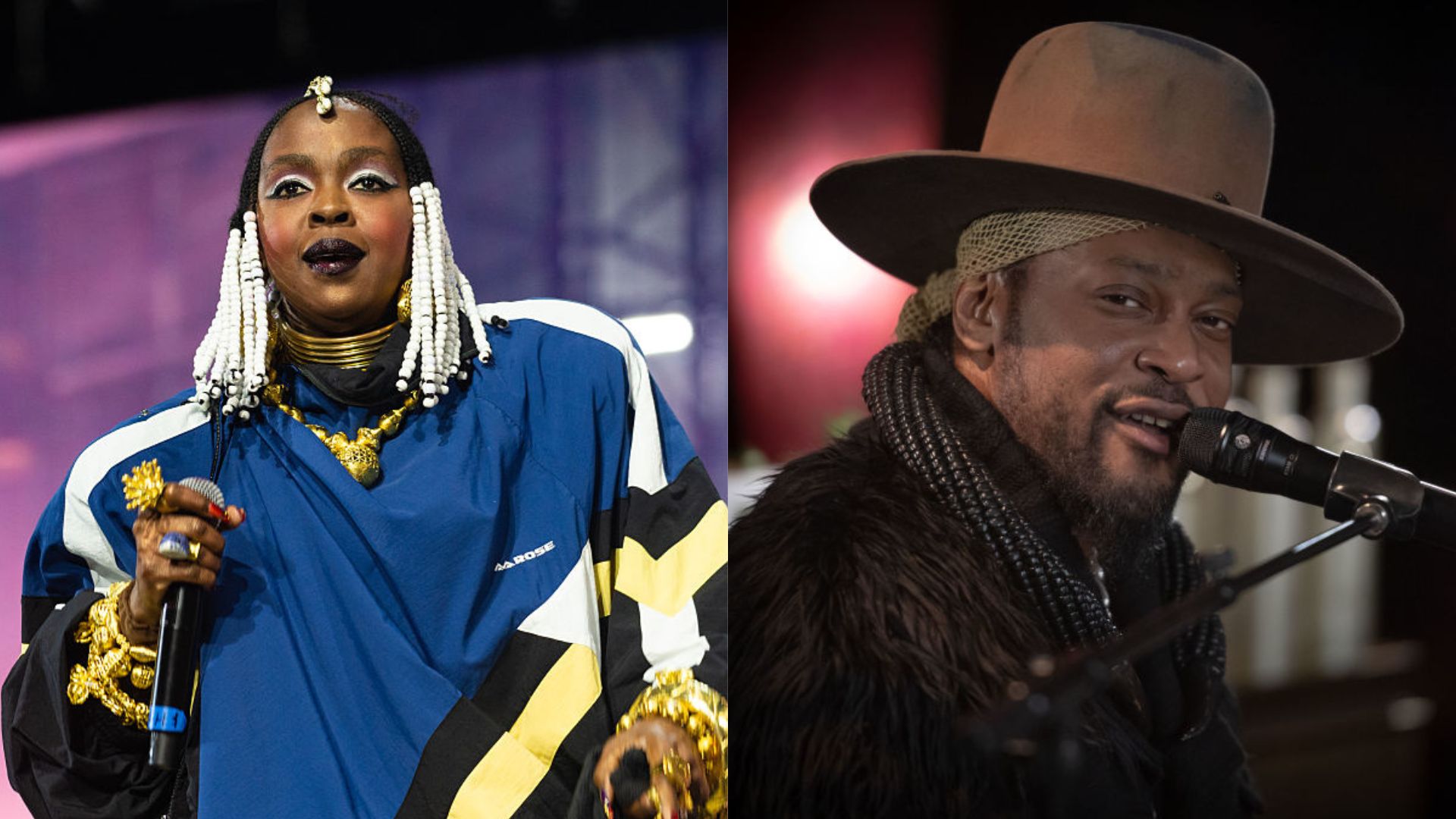Is there sex after 50? Of course there are, both after 60 and after 70. We know for sure that numbers are usually pure convention.
A sexy woman is a young woman. Young, beautiful, without wrinkles and with a perfect body. It’s true? No, it’s not true, but this idea has been taught to us over many years – fashion magazines, movies and TV shows. This image has taken hold so well that the girls continue to assert seriously that “at thirty, I am already an old woman!” Well, yes, in the 19th century, when the average life expectancy was thirty years, you would have been an old woman (perhaps dead, by the way), but in the 21st?
Recently, the first images from the filming of the sequel to the popular Sex and the City series have appeared on the Web. The heroines, of course, have noticeably changed, but now they are not “a little over thirty”, but “a little over fifty” – everything is logical, time is inexorable. But the reaction on social media to these changes has been incredible, they’ve been called old women, asked what kind of sex it is and sent crawling to the graveyard, and the media has exercised their minds when formulating headlines.
We decided to figure out what was going on with sex after 50 on conditional and interviewed a real sex therapist about it.
Once before the New Year, I was talking with a friend about gifts for loved ones. My friend is 47 years old. She is an active woman with a good job, an interesting hobby, three adult daughters, an ex-husband and a great lover. She talked about what she was going to give her 78-year-old mother. Mom has been living alone for a long time after her divorce from dad, but she is quite happy with life: she swims, skis or bikes, goes to the museum with her friends, etc. My friend prepared a vibrator for my mother for New Years. Not just a vibrator, but a satisfire or a womanizer, but scientifically – a vacuum clitoris stimulator. And no, my friend didn’t ask me if it would shock my mother. She was delighted with her idea and with burning eyes said how she had made it all up.
ADVERTISEMENT – CONTINUED BELOW
The age limits at which “you can have sex” are gradually changing. But they don’t change like that, but as a result of changes in attitudes towards age in general. These changes have taken place over the past 50 years. Watch classic Soviet films, 50-year-old women are already grandmothers there, the category “over 30” – you are welcome to the special club “Who is over 30”. Today’s men and women in their thirties look younger than mid-twentieth-century teenagers and are just beginning to make plans for a family and a career (if they have any plans at all) , 40-year-olds start a new career, 50 Under-2s fall in love, and 70-year-olds seem ready to finally experience all the joys of sex.
The role of sex itself is changing. American anthropologist Helen Fisher identifies three “traditional” reasons for sex:
1) lust (desire for sexual pleasure, biological arousal);
2) romantic love (obsession with a specific partner);
3) attachment (a calm and reliable union with a long-term partner, including the formation of a permanent couple, monogamy, parenthood and interbreeding).
All these reasons are familiar to us. And if the first two simply cease to be of special interest with age, then the third – attachment – in modern society is less and less resistant to the test of time and, therefore, disappears also. What’s left? There is still a fourth reason to have sex! It was formulated by the American sexologist David Schnarch, it is “to feel: a root part of your sexual desire.” And when, if not in adulthood, is the best time to study feeling through sexual desire? To understand your body, you have to feel it. And when you feel, you want the body to know what love, affection, tenderness is.









